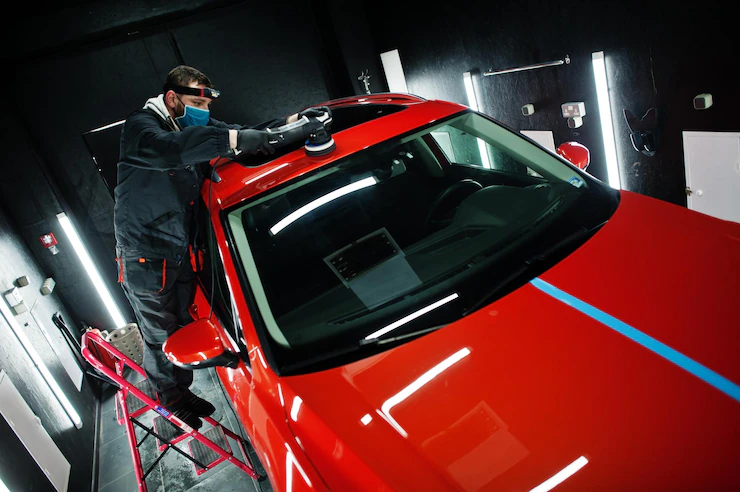Buying an accident-damaged car in South Africa requires careful consideration to ensure that you make an informed decision and avoid potential pitfalls. Whether you are a private individual, a dealer, or someone with a specific interest in salvage vehicles, here are 20 things to look out for when purchasing an accident-damaged car:
- Insurance History:
Check the insurance history of the vehicle to understand the extent of the damage it has sustained and the claims made. - Accident Reports:
Obtain accident reports and repair records to assess the severity of the damage and the quality of repairs. - Structural Damage:
Inspect for any signs of structural damage, as this can significantly impact the safety and performance of the vehicle. - Alignment Issues:
Check for alignment issues, including uneven gaps between body panels and doors, which could indicate poor repairs. - Frame Damage:
Look for signs of frame damage, as this can be challenging and expensive to repair. - Airbags:
Ensure that the airbags are intact and have not been deployed, as replacements can be costly. - Fluid Leaks:
Check for any fluid leaks under the car, which could indicate damage to the engine or other components. - Suspension System:
Inspect the suspension system for any visible damage or signs of wear and tear. - Vehicle Identification Number (VIN):
Verify the VIN to ensure it matches the vehicle’s records and has not been tampered with. - Electrical System:
Test all electrical components, including lights, indicators, and the car’s electronics, to ensure they function correctly. - Professional Inspection:
Consider having the vehicle inspected by a professional mechanic to identify hidden issues. - Tire Condition:
Check the condition of the tires for uneven wear, which could indicate alignment or suspension problems. - Odometer Tampering:
Verify the odometer reading and look for signs of tampering, as this can affect the vehicle’s true mileage. - Quality of Repairs:
Assess the quality of any previous repairs to ensure they meet industry standards and do not compromise safety. - Title Status:
Check the vehicle’s title status to confirm that it is not salvaged or branded, which could affect resale value. - Previous Use:
Investigate how the car was used before the accident, as some damages may be more critical depending on the vehicle’s history. - Laws and Regulations:
Familiarize yourself with South African laws and regulations regarding the sale of accident-damaged cars. - Warranty:
Check if any warranties or guarantees are offered, especially on repairs and parts. - Vehicle History Report:
Obtain a comprehensive vehicle history report to uncover any undisclosed accidents or issues. - Price Comparison:
Compare the asking price with similar models in the market to ensure it reflects the vehicle’s condition and repair history.
By paying attention to these factors, you can make a more informed decision when buying an accident-damaged car in South Africa and avoid potential headaches in the future.











